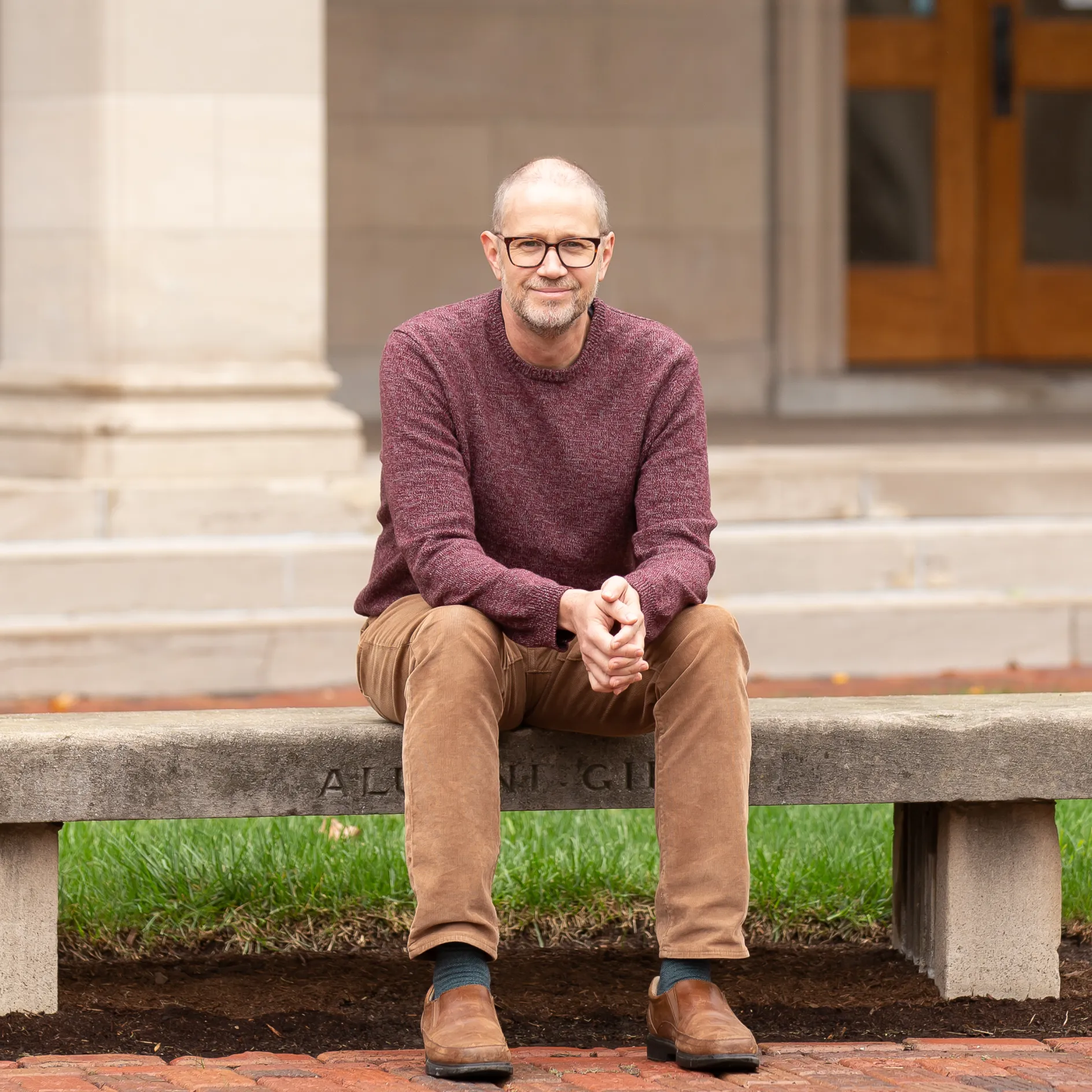Professor Riker teaches a wide range of courses that draw upon and often combine his varied background as a novelist, book critic, and literary publisher. He loves literature of all types and from all eras but has particular fondness for traditions outside the American mainstream, including experimental works and literature in translation.
Riker is author of two novels: The Guest Lecture (2023) and Samuel Johnson's Eternal Return (2018). As a literary critic, he has written on contemporary fiction and literature in translation for such publication as New York Times Book Review, Wall Street Journal, London Review of Books, TLS, Paris Review Daily, and The Guardian. Prior to coming to Washington University, he served for almost a decade as Associate Director of the nonprofit publishing house Dalkey Archive Press, and as an editor for the periodicals The Review of Contemporary Fiction and CONTEXT: A Forum for Literary Arts and Culture. In 2010, he and his wife, Danielle Dutton, co-founded the feminist publishing house Dorothy, which offers internships to students at Washington University. In addition to teaching classes, Riker directs the Publishing Concentration to the English Major.





